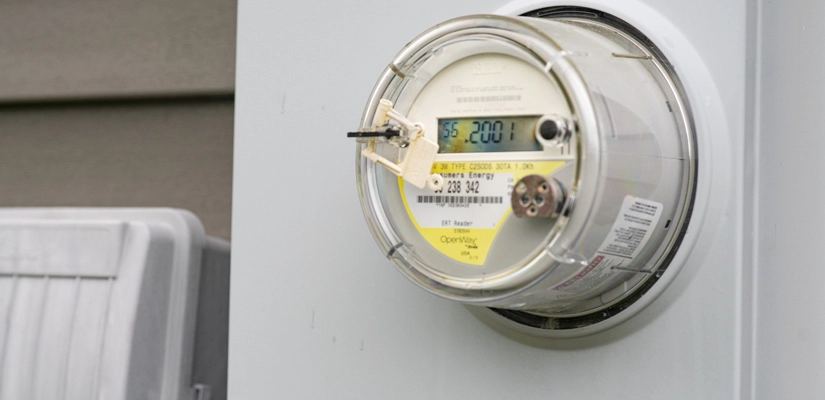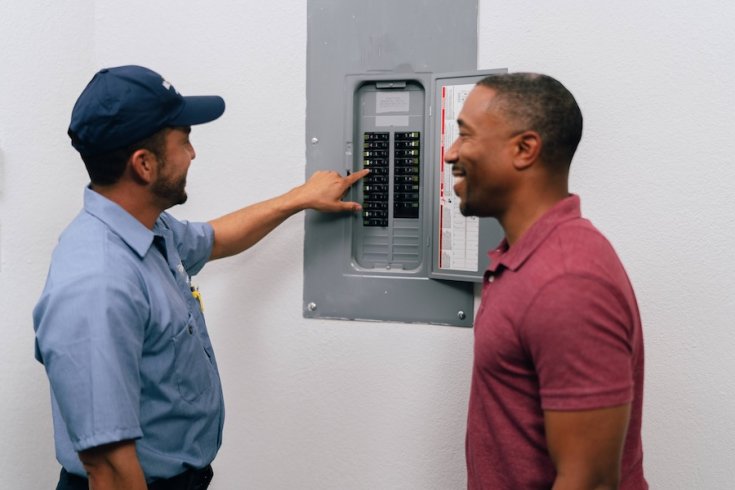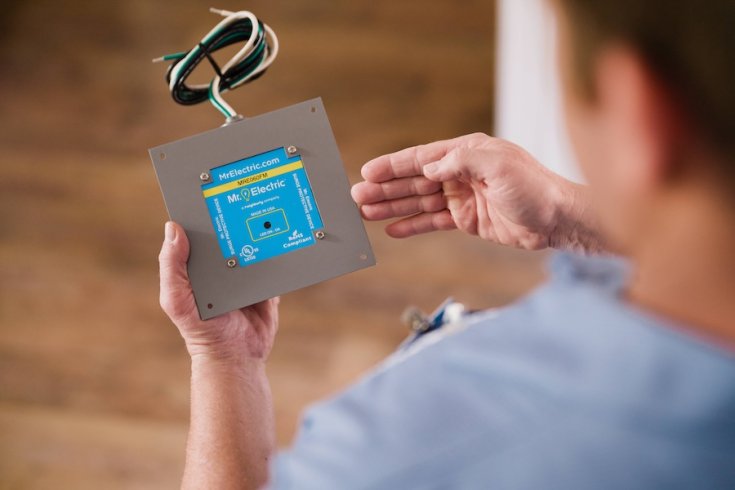How to Read Your Electric Meter
For many, the electric meter remains an enigmatic device tucked away in a corner of their property. Yet, understanding how to read an electric meter can unveil valuable insights into your energy usage, empower you to monitor consumption trends, and identify discrepancies on your electric bill. In this brief guide brought to you by Mr. Electric, we demystify the electric meter, explore its various types, and provide practical tips for reading and interpreting its readings.
If you’ve noticed cause for concern and need a certified electrician to investigate, then call Mr. Electric to hire a uniformed professional. We are proud to offer everything from electrical repair service to comprehensive electrical installations.
What is the Electric Meter?
At its core, the electric meter is a device designed to measure the amount of electricity consumed by a property over a given period. It serves as a vital tool for utility companies to accurately bill customers based on their energy usage. Electric meters come in several types, each with its own method of displaying and recording consumption data.
Types of Electric Meters
There are three primary types of electric meters on the market today: traditional dial meters, digital meters, and smart meters.
Traditional dial meters feature a series of rotating dials or wheels that indicate energy consumption. Each dial represents a different unit of measurement (e.g., kilowatt-hours), with the readings typically recorded from right to left. To read a dial meter, observe the position of each dial and record the numbers displayed.
Digital meters, also referred to as electronic meters, display consumption data in numerical form on a digital screen. These meters offer clear and precise readings, making them relatively easy to interpret. To read a digital meter, simply note the numerical value displayed on the screen, which represents the total energy usage in kilowatt-hours.
Smart meters represent the latest in metering technology and offer real-time monitoring and two-way communication capabilities. These meters transmit consumption data wirelessly to utility providers, enabling more accurate billing and facilitating demand-response programs. Smart meters also often feature digital displays, similar to digital meters, making them straightforward to read.
How to Read Your Electric Meter
First, locate your meter. Electric meters are typically installed outside your property, near the main electrical panel or utility entrance. Take note of its location for future reference. Next, determine the type of electric meter installed at your property – whether it's a traditional dial meter, digital meter, or smart meter.
For traditional dial meters, record the numbers displayed on each dial from right to left, taking note of any numbers that have passed the zero mark. For digital, electronic, or smart meters, simply read the numerical value displayed on the screen.
Note down the meter reading along with the date and time of the reading. Keep a record of your readings to track your energy usage over time and compare them with your utility bills.
Why Read the Electric Meter?
Learning how to read your electric meter offers several benefits. By monitoring your meter readings regularly, you can verify the accuracy of your electric bills and identify any discrepancies that may arise. Further, understanding your energy usage patterns can help you identify opportunities for conservation and implement energy-saving measures to reduce consumption.
If your findings are jaw-dropping, then consider consulting with a certified electrician. Mr. Electric offers electrical maintenance services which can optimize your electrical system. Call us at any time to schedule a meeting or appointment.







